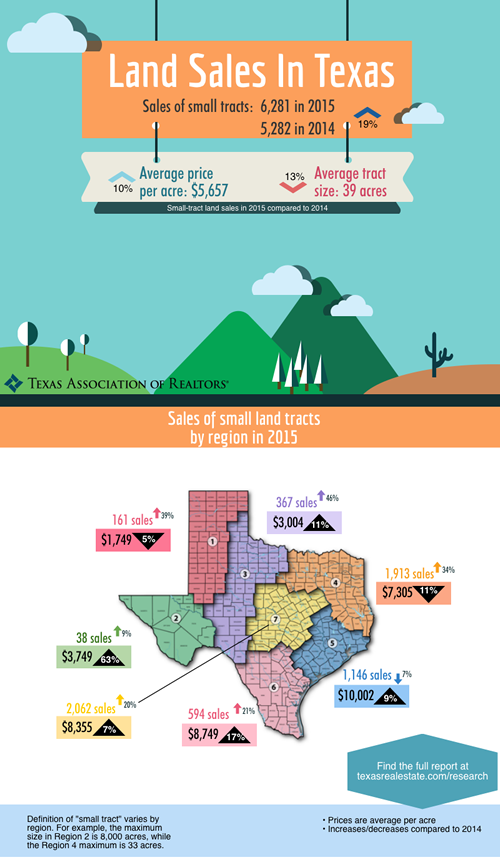In Lehman’s Terms
I saw a driver run a red light recently and it got me thinking about laws. There are laws that benefit our society, and laws that arguably do more harm than good.
But what about laws that are just unnecessary?
These unnecessary laws often seem to be among the most intrusive into our daily lives and lead to a lack of trust in our government. Nowhere is this truer than in Washington, D.C., where our federal government has reached new lows in public confidence.
Laws with consequences
Most unnecessary laws can be classified into a category I call the Laws of Unintended Consequences.
Every day, private citizens must attempt to live and do business in a system that is fraught with layers upon layers of legislation that was passed with the best of intentions but ultimately collapsed thanks to unintended consequences.
A great example of this was the attempt by Congress to respond to the 2008 financial crisis with the passage of the Dodd-Frank Wall Street Reform and Consumer Protection Act.
An attempt at reform
Dodd-Frank was a quick-fix congressional action designed to rein in Wall Street and squelch the actions of unscrupulous lenders to protect the consumer—certainly an honorable goal.
Except that the act created a bureaucratic quagmire of governmental regulations that add considerable cost to real estate transactions, delay closings, and prevent qualified homebuyers from obtaining the American Dream of homeownership.
The regulatory authority of Dodd-Frank was ultimately turned over to half a dozen federal agencies and led to the creation of two new agencies, one of which is the Consumer Financial Protection Bureau.
As an example of the challenges Dodd-Frank created, a CFPB initiative implemented last year has made it difficult for real estate professionals to obtain copies of their clients’ closing documents. This is a common practice that enables real estate agents and brokers to answer clients’ questions and look out for their best interests. After much lengthy outcry by real estate professionals and consumers, the CFPB is now considering reversing course and proposing updates to this unnecessary rule.
This relatively new agency has far-reaching supervisory powers over most financial institutions. And for the first time in history, a federal agency now has jurisdiction over many non-banking financial companies, including mortgage companies. To me, the worst part of the CFPB is that it operates outside the purview of Congress.
In Lehman’s terms, this means Congress created a superagency with significant enforcement powers to levy fines and penalties, but Congress has no oversight over the CFPB’s actions.
Most lawmakers agree that Dodd-Frank went too far and has actually hurt some of the consumers it was trying to help. Unfortunately, any repeal or reform efforts have been thwarted by congressional gridlock and partisan bickering.
Fixing—and avoiding—the problem
The Laws of Unintended Consequences are not limited to the federal government.
Just like at the federal level, repealing a state law is a difficult—if not impossible—proposition. The solution is something Texas lawmakers discovered decades ago, and no matter how much our state changes, lawmakers haven’t compromised this basic premise of lawmaking: The best way to avoid unintended consequences of laws is to not pass those laws in the first place.
Texas does this by avoiding knee-jerk reactions to isolated and often minor events. Most state legislatures have followed the federal government model and now meet on an annual and almost full-time basis.
The Texas Legislature meets only for 140 days every two years. This gives lawmakers plenty of time before session to slowly and deliberatively consider legislative intent of laws and the consequences of their actions.
This system works, and it’s what makes Texas the free-enterprise envy of the nation. That is an intended consequence to be proud of.
Mark Lehman is vice president of Governmental Affairs for the Texas Association of REALTORS®.
Source: Advice for Consumers RSS Feed
